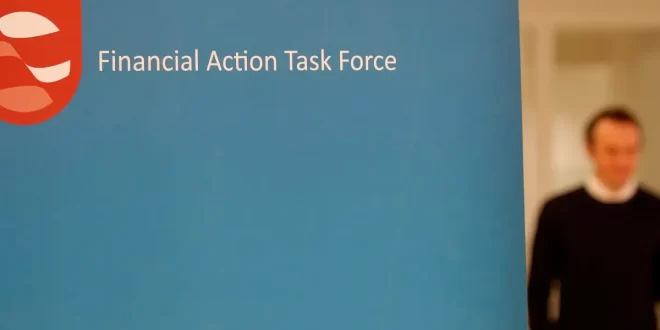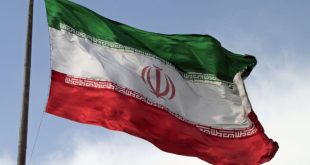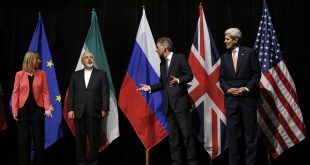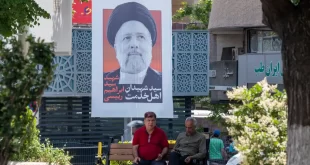Media reports have highlighted Iran’s renewed interest in pursuing FATF membership, and recently, the Ministry of Economy sent a protest letter to the financial watchdog.
The ministry argued that Iran’s 2015 JCPOA nuclear deal with world powers removed all sanctions, and Iran should not be economically penalized by the FATF.
The Financial Action Task Force (FATF) is a global body combating money laundering, terrorist financing, and proliferation of weapons of mass destruction. FATF Recommendations set international standards for anti-money laundering (AML) and counter-terrorist financing (CFT). The Convention against the Financing of Terrorism (CFT) targets terrorism financing, and the Palermo Convention (UNTOC) addresses transnational organized crime, including money laundering and human trafficking. These measures enhance transparency, traceability, and accountability in financial transactions to prevent illicit use of financial systems.
President Raisi administration is skeptical about Iran joining the FATF, as it has kept Iran on the organization’s blacklist since February 2018. Raisi contends that focusing on relationships with “neighbors and friendly” nations is a better course of action than the previous administration’s “obsession” with membership in the FATF.
The Rouhani administration in 2017 proposed a series of bills to parliament to enact legislation that would bring Iran’s financial regulations in line with those of FATF. However, hardliners prevented final adoption of those laws and Iran remained on the watchdog’s blacklist.
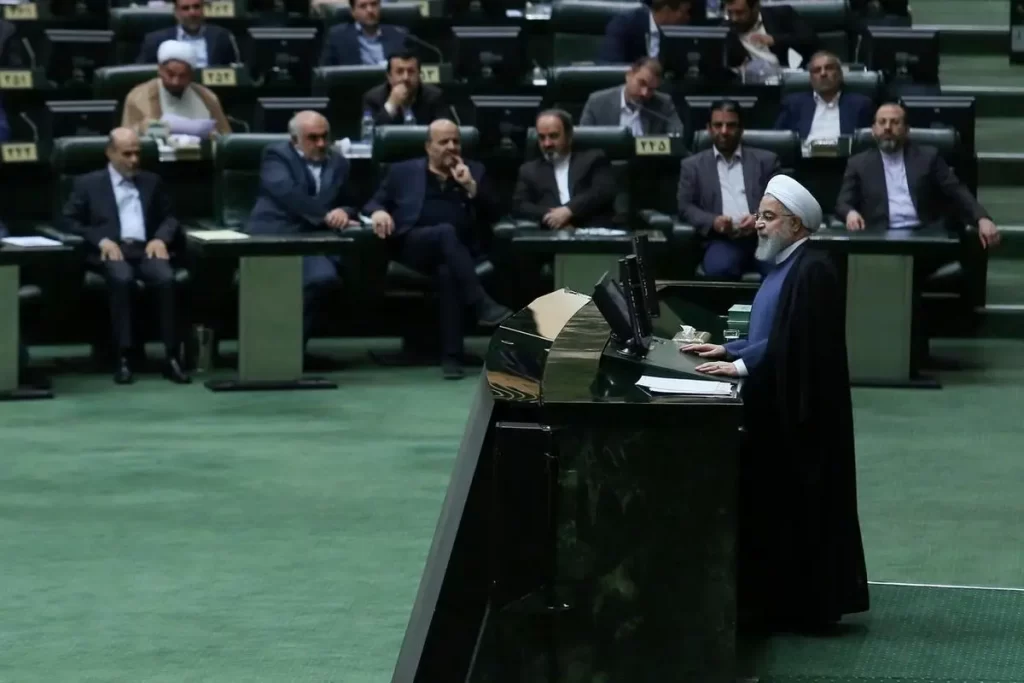
Considering the Raisi administration’s shift in approach and the acknowledgment by Mohammad Sadr, a regime insider that there is potential for progress in addressing the FATF issue, especially with the current economic challenges facing the government.,
The letter from the Minister of Economy of Iran was sent at a time when some economists in Iran express skepticism about the efficacy of such correspondence in resolving the FATF issue. To address the problem, it is crucial to first clarify Iran’s position toward the CFT (Counter Financing of Terrorism) and Palermo conventions. Economist Vahid Shaghaghi speaking to media in Tehran emphasized that without approving the Palermo and CFT bills, Iran’s request will not be taken seriously. Only after the approval of these two bills can Tehran proceed to write a letter requesting the removal of Iran’s name from the blacklist. Even in that case, it may take 2 to 3 years for Iran to be added to the gray list.
Whether these bills are approved or not is a complex matter, because there is a disagreement over the essence of words and terms. Iranian hardliners are concerned that adhering to international standards against money laundering and terrorism financing will interfere with the regime’s efforts to support its militant proxies in the region. The Lebanese Hezbollah, Hamas and others are either officially labeled terrorist or are under severe surveillance as terror operatives.
The core of the Iranian regime is reluctant to join the FATF and follow international financial standards and conventions, even after the government submitted four proposals in 2017 to incorporate FATF criteria—two of which were rejected by the hardline Guardian Council. While opponents claim that compliance limits support to recognized terrorist groups and exacerbates political tensions, Iranian officials realize the economic difficulties linked to non-adherence. Some argue that these steps must be taken immediately, pointing out that Iran cannot conduct international banking or trade without FATF clearance, even if sanctions are repealed.

